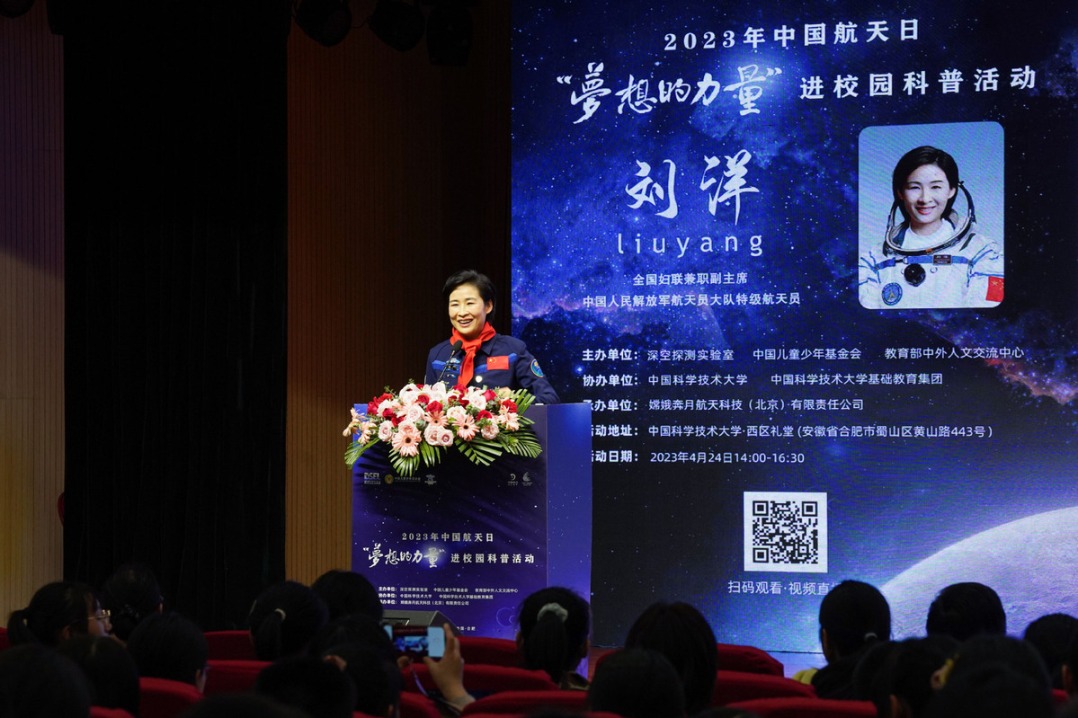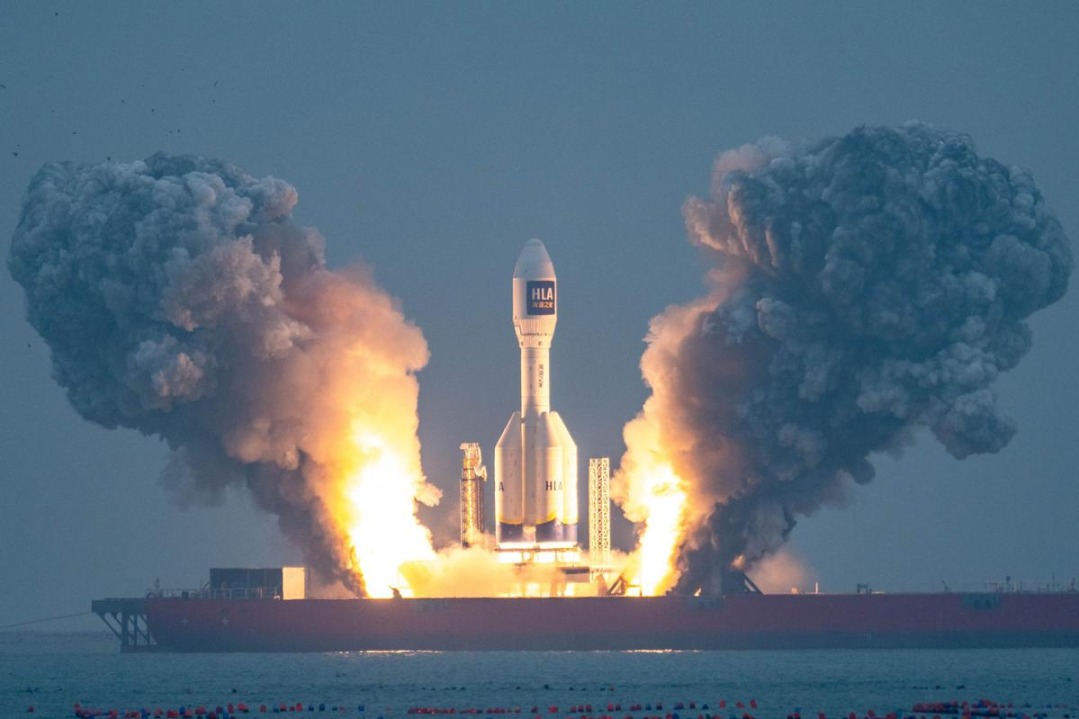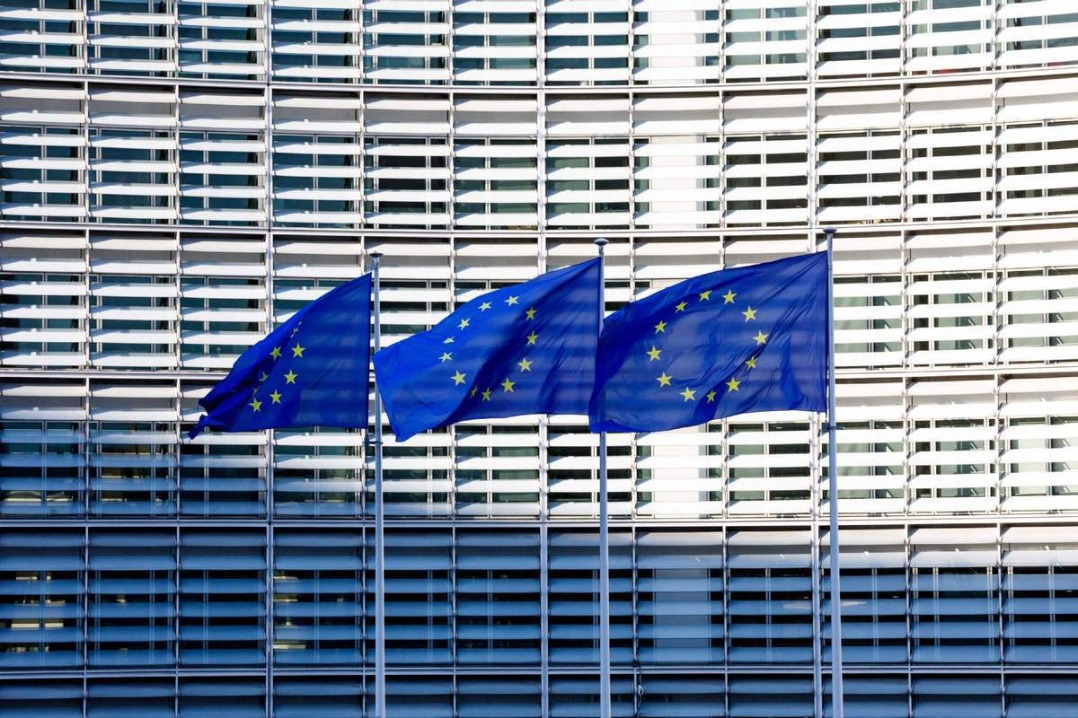Safeguard our common treasure

Countries should work together to protect the oceans in the spirit of building a maritime community with a shared future

China has clear policies on issues relating to the South China Sea and has made remarkable progress in cooperating with countries in the region. China and the members of Association of Southeast Asian Nations attach great importance to marine collaboration.
The Declaration on the Conduct of Parties in the South China Sea (DOC), signed in 2002, serves as a guiding document for regional cooperation. Bilateral and multilateral cooperation in the region covers maritime security, economy and scientific research. Cooperation mechanisms such as the ASEAN Regional Forum (ARF), ASEAN Defense Ministers Meeting (ADMM), ASEAN and China Transport Ministers Meeting and China-ASEAN Maritime Cooperation Fund have been set up.
Countries in the region also agree on the application of the Code for Unplanned Encounters at Sea in the South China Sea (CUES), and consultations on the Code of Conduct in South China Sea (COC) have made steady progress.
Maritime cooperation has greatly boosted mutual trust and formed shared interests in the region. From January to September 2020, China's direct investment in ASEAN countries grew by 76.6 percent year-on-year to $10.72 billion. During the same period, the total trade volume between China and ASEAN economies increased by 5 percent year-on-year to $481.81 billion, making the regional bloc China's largest trading partner.
China has been actively promoting cooperation with other countries on maritime policy and management to protect the marine environment, marine ecosystem and biodiversity, thus facilitating the development of the "blue economy".
However, in recent years, there has been a trend of "anti-globalization" and a rise in unilateralism, which inevitably weakens the momentum of global maritime cooperation. I trust that most countries in the region are willing to continue to promote maritime governance and are in favor of innovation and improvement of the governance system.
President Xi Jinping called for the building of a maritime community with a shared future in a recent speech, stressing the importance of "building a peaceful, cooperative and harmonious ocean, and building a maritime order featuring peace and tranquility, and win-win cooperation", thus making the oceans "the shared treasure of all humankind".
The Greater Mekong Biodiversity Conservation Corridor Initiative, which has been implemented for 15 years, has achieved marked progress toward this goal.
A renewed Global Biodiversity Framework is also in the pipeline. The South China Sea is one of the regions with the richest biodiversity in the world, which, however, is greatly threatened by overfishing, excessive exploitation and pollution, among other things, at an alarmingly rapid rate. This calls for parties to take immediate actions.
The ultimate goal of maritime cooperation and governance is to serve the common interests of mankind. Oceans are a treasure trove of resources, and strategic spaces that support the mankind's future development. The exploration and development of oceans has become an increasingly important issue for countries. In addition to traditional areas of cooperation, we should accelerate innovation in frontier technologies such as marine biomedicine and deep-sea exploration, and allow smart marine technologies to benefit more people. Scientists from around the world should work together to help mankind have a deeper understanding of the oceans so as to sustainably exploit them and protect the maritime environment.
Also, regional peace and stability are the preconditions for maritime cooperation and governance. Escalating tensions in the South China Sea since 2012 have sparked widespread concern. Some countries that have claims to islands and seas in the South China Sea have displayed lack of restraint and the impulse to take more frequent unilateral actions.
At the ASEAN-China Foreign Ministers' Meeting via video link in September, Chinese State Councilor and Foreign Minister Wang Yi reiterated three points about the South China Sea issue: First, the sovereignty of China over islands in the South China Sea and related rights and jurisdiction are well-grounded from both historical and legal perspectives; second, China pursues a friendly policy toward its neighbors in the region, and is committed to playing a constructive role in the area; and third, China has been adhering to international laws including the United Nations Convention on the Law of the Sea (UNCLOS). China's claims and interests in the South China Sea have been consistent with safeguarding its territorial integrity and national sovereignty as well as regional peace and tranquility. Parties in the region should build consensus on the issue to create an environment for long-term development and prosperity.
Four years ago, China proposed a dual-track approach to resolve the South China Sea issue. According to this approach, disputes over the Nansha Islands should be directly resolved by the disputing parties in the region through negotiations, and regional stability and peace should be maintained by China and the ASEAN countries together.
The good news is that consultations on the Code of Conduct in the South China Sea have made steady progress and consensuses have been building up despite some divergences remaining over details.
Countries should adopt a broader vision and transcend the zero-sum game mindset in maritime cooperation and governance, eyeing win-win cooperation and collaborative development. The novel coronavirus outbreak is a reminder that global governance is in dire need of improvement, and the efficiency of the global coordination mechanism should be improved. It is the same with maritime governance. We cannot wait for a crisis to break out before acting. Against such background, China and the United States should conduct more dialogues to resolve their differences, manage risks and achieve peaceful coexistence.
No country can solve global and regional maritime problems on its own. Cooperation is the only way out. Multilateralism is an inevitable path for the global community to seek solutions to new problems and challenges and the concept of common security and joint development is a guidance to solving maritime issues.
The author is the chairperson of the Center for International Security and Strategy at Tsinghua University. The author contributed this article to China Watch, a think tank powered by China Daily. The views do not necessarily reflect those of China Daily.


































